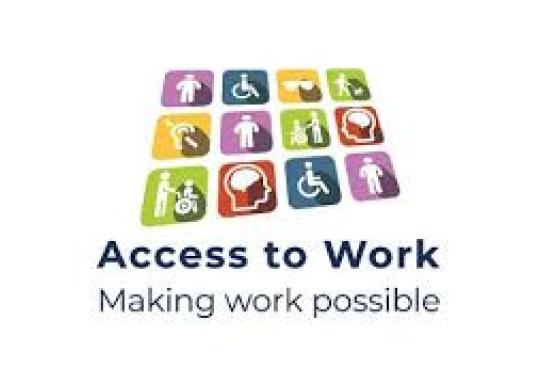One-in-seven workers in Britain have a disability
Although the number of Disabled people who are working age has increased by 2.3 million since 2013, the number of Disabled people in employment has only increased by 1.9 million over the same period.
The biggest growth was seen amongst those reporting mental health impairments, with over three times as many Disabled workers reporting a mental illness in 2022 than in 2013 - now equivalent to 2.4 percent of the overall working-age population (1.1 million in total).
The report notes a variety of factors that could have impacted these trends, including: a growing societal awareness of mental health, the pandemic bringing into focus the topic of ill-health and adjustments in the workplace, and the impact of long COVID on many employees de-stigmatising conversations around this topic. These factors aside, the report also notes that this rise is part of a genuine, long-term trend.
Bethany Bale, DR UK Policy and Campaigns Officer, said: "it's encouraging that this research suggests employees are becoming more comfortable in sharing their disability and what adjustments they may need with their employer. However, it's important to remember that despite what these trends suggest, we have not seen an increase in the number of Disabled people going into work. Although those already in work seem to feel more confident in sharing their disability, the disability employment gap remains firmly at just under 30%. It's essential that employers deliver on their anticipatory legal duties under the Equality Act 2010 and that the Government are committed to closing the disability employment gap.
The Disability Employment Charter is now more important than ever, as it sets out recommendations to close the employment gap once and for all."
Read the full research report on the Resolution Foundation's website.




